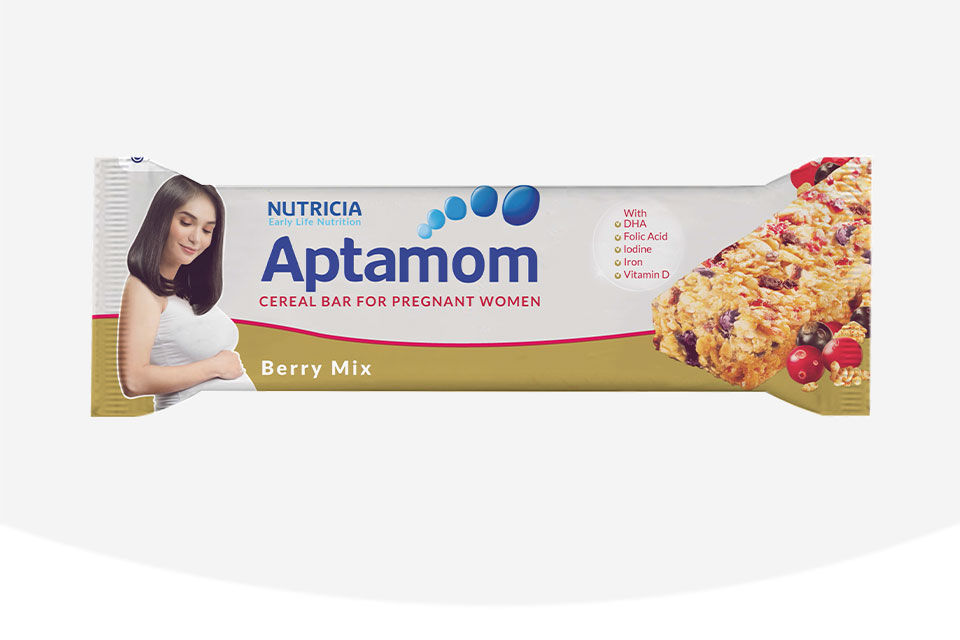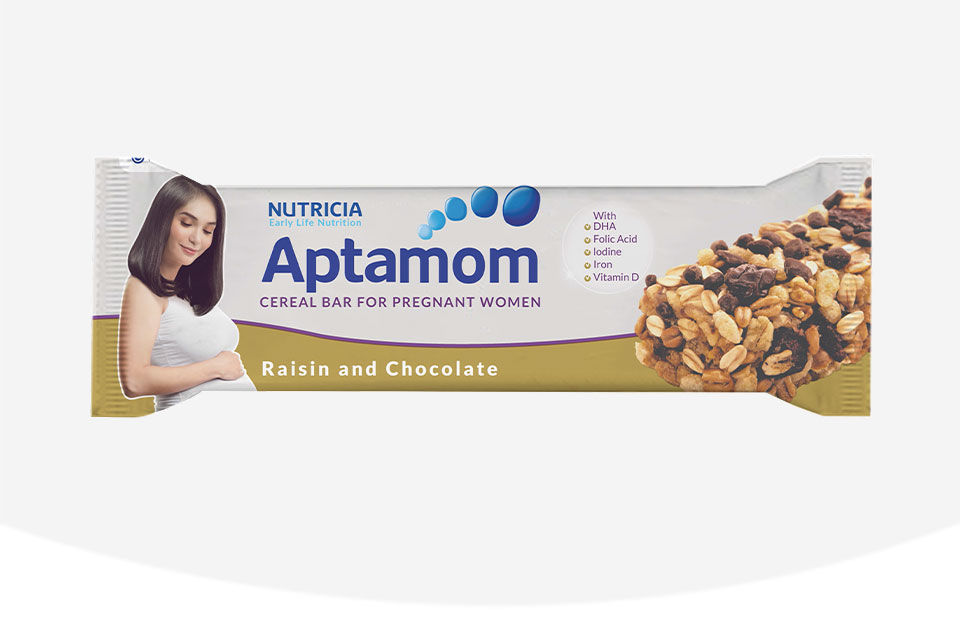Danone Specialized Nutrition (Malaysia) Sdn Bhd supports exclusive breastfeeding for your infant’s first six months of life. After six months of age, infants should receive age-appropriate complementary foods while breastfeeding continues for up to two years of age or beyond. Consult your doctor before deciding to use infant formula or if you have difficulty breastfeeding.
The Role of Folic Acid/Folate in Pregnancy
What’s the Role of Folic Acid in Pregnancy?
Did you take folic acid while trying to conceive? Well, pregnancy is no different! Folate – also known as folic acid – supports your little one’s earliest development, playing a key role in protecting their future health1. For this reason, it’s a key nutrient for your first trimester of pregnancy.
Learn more about the role folic acid plays, how much folic acid is recommended during pregnancy, and which foods can help to boost your intake.
Why is folic acid so important during pregnancy?
Even before you know you’re pregnant, folate — also known as folic acid — works to reduce the risk of brain and spinal cord defects developing in your little one.
In the first month of pregnancy, your little one’s neural tube is formed. This eventually becomes your little one’s spinal cord and brain, which make up your little one’s control centre for his/her future growth, development, and normal functioning later in life. Unfortunately, not taking enough folic acid can result in spina bifida, an anomaly in the development of a little one’s spinal cord.
How Much Folic Acid Do I Need?2
Although folate is present in many foods, it is difficult to get sufficient levels from your diet alone. Talk to your doctor about prenatal supplements containing folic acid, or a separate supplement for folic acid. The recommended amount is 600 mcg per day, particularly in your first trimester.
If you’re in your first trimester and didn’t take folic acid before getting pregnant, don’t worry. Start taking it now and carry on until at least your 12th week.
Food containing a good source of folate3 :
- Cereal and cereal product such as fortified breakfast cereals, brown rice
- Fruits such as papaya, sapodilla, kiwi and orange
- Legumes and legume products such as baked beans and soybean curd or milk
- Vegetables such as spinach, okra, asparagus and pumpkin
Can you have too much folic acid when pregnant?
While it’s unlikely that you’ll take on too much folic acid through your diet, it’s important to stick to the recommended dosage in supplements. As with all supplements, taking above the recommended amount can pose health risks to both you and your little one. If in doubt, ask your midwife or other health care professional.
References:
1. NHS. Spina Bifida [Online]. 2017. Available at: www.nhs.uk/conditions/Spina-bifida/Pages/Introduction.aspx
2. NHS. Why do I need folic acid in pregnancy? [Online]. 2018. Available at: www.nhs.uk/chq/Pages/913.aspx?categoryid=54&subcategoryid=129
3. Recommended Nutrient Intakes for Malaysia 2017.
Recommended Nutrient Intakes for Malaysia 2005
Aptamom Bar: Maternal Cereal Bar
Aptamom bar is a ready-to-eat, delicious cereal bar for pregnant mothers. It provides pregnant mothers a convenient way to obtain the essential nutrients and vitamins that are needed more of during pregnancy.

Connect with our team of experts
We provide advice and support for you on your parenthood journey.



